Kishore Namit Kapoor, acting guru, author and spiritual seeker, says spirituality permeates every aspect of the craft of acting.
For several years, Kishore Namit Kapoor has been training actors and sharpening their skills before they plunge into Bollywood. Few of us could describe our profession in his words, “My love, my passion, and my self-expression”.
Kapoor started his acting lab, the Kishore Namit Kapoor’s Acting Institute, with one student, the actress Nagma, and today he has trained some of the best talent in Indian cinema including Hrithik Roshan, Saif Ali Khan, Kareena Kapoor and Perizaad Zorabian.
In a letter to Kapoor, Vivek Oberoi wrote, “Today, I am a better actor, a better student and most of all, a better human being, and I must thank you for that”.
In an equally warm tribute, Hrithik Roshan says, “His insights into little details of acting are mind-boggling. Here is a man who knows what he is doing… he is teaching you the art of acting and he is the best in the industry.”
Kapoor feels that actors are like mini Brahmas (the Indian God of creation) – playing the role of the generator, the operator and the destroyer, creating and living the lives of many human beings in one lifetime.
What gives Kapoor the edge is that he anchors his training in spiritual principles. Kapoor understands the importance of centerdness for an actor in order to project himself powerfully. Above all, he recognizes the need for an actor to free himself of the limitations of identity so that he can take on any identity he is required to without loss of integrity.
Having himself acted in several films such as Sweekar, Sun Sajna, Ashanti and Kranti before turning to training, Kapoor is author of the book, For the Actor – You are the Instrument, You are the Player. Having practiced Vipassana, Dynamic Yoga and Transcendental Meditation, today Kapoor lives in the moment, observing himself and striving to make each moment blissful.
Excerpts from the interview:
The actor is perceived as an entertainer and the significance of acting as an art form is little understood. What are your views on acting and its spiritual dimension?
For me, the definition of acting is simple. “Your human soul gives birth to a new human being through art”. And so, you undergo labor pains. Children are not an extension of their parents’ lives – they have a soul of their own, so it’s a process of discovering who you really are. People think they know who they are, but they don’t. Basically people live in boxes, which they label introvert, extrovert, ambivert, submissive, assertive, arrogant and so on. Therefore, people have different definitions about their personality – but that’s not who they really are.
In the process of acting, people come out of their boxes – transcend and go beyond. They learn that they are not limited and so they expand their boundaries. Then, they understand that they can step into the realm of all possibilities. Ultimately, acting is not just a projection of one’s own personality. Personality is very limited; it’s basically genes and conditioning, consisting of one’s psychology, sociology and physiology. But the process of acting is to know oneself. One not only gets transformed, but also becomes aware of one’s true Self – truth, bliss and awareness.
You are talking about a very high state of being… akin to a yogi.
Yes, the secret of an actor is to have a ‘calm center’ and be ‘aware’ just like a yogi.
A yogi is stoic, never loses his cool and is focussed within even while surrounded by people. He can be happy despite surrounding tension, and finally, can enter into a separate body through yogic powers. His only weapon for all this is concentration – dhyan.
Now compare this with an actor’s life. He is stoic. Be it sporting transparent, flimsy clothes in the sub-zero temperature of Alaska or wearing woolen attire in the scorching heat of Jaisalmer, he is equally at ease. Even if he is facing tensions at home, he can put it aside and concentrate on his character and given scenario. And finally like a yogi, he can enter into the body of the character that he is portraying.
Concentration is what leads a person to become an ascetic. The final destination of concentration is yoga (ascetism). When an ascetic brings all senses and faculties together with total control, he gets linked to God. With concentration if one can realize God, then acquiring acting skills is much easier.
Acting is being in the moment, using the power of now. You are cut off from the past and future. But it’s not only concentration, it is concentrated concentration which translates into awareness. At one and the same time, you are relating to a fellow actor, the light, the source of the key light, the frame, the camera, and the people behind, and yet you do it with intense awareness.
What is your approach to acting: methodical or intuitive?
Let me start by saying that an actor is a cause, not an effect. In life, people are like reaction machines. They are hurt if someone criticizes them and happy if someone praises them. I am not saying that you should not feel hurt or happy, but the point is that they are only reactions and life should be from a level of response with yourself. Acting is not reacting, acting is responding. When you work methodically, you know how to respond to the situation or the dialog or stimulus.
My approach is simple. The best actors are those who are methodical and intuitive, which means, when the director says action; take a pause so you get in touch with your higher self, and the work and preparation you have put in will get logged on like a computer. Thus using both, method and intuition. Method once learned, becomes part of your system and then it is up to you to take it to a higher level. But method should not limit you, it should only prepare you. Method is the craft and intuition the art; both are required to be a good actor.
As an actor you are in the field of creativity, so you amaze yourself. You do something that is magical.. like a miracle… that’s what actors experience. They keep on experiencing that sense of wonderment – ‘I did that really?
But there is a common notion that actors are born and cannot be trained?
Sir John Gielgud, a famous actor, too had the same question but slowly he realised that this was incorrect. I never believed that acting could be taught. But today, when I think about my acting career, I realize how bad I was in the beginning. In fact, as I kept working with better directors and great actors, my acting constantly improved.
Amitabh Bachchan confesses openly even today that he regrets not being a trained actor.
Every art form has a means for expressing its creativity. In the case of acting, you are the instrument, you are the player. But there is no external material to mold or instrument to play; what you have to gain mastery over, is your complete being. So you need to train your body, mind, and soul.
Dilip Kumar, not being a trained actor, was adversely affected by doing tragedies. There came a point where he had to go to a psychiatrist and seek help. He was advised to do some comedy films and that proved to be his remedy.
What has been the inspiration for your acting training?
The world is today discovering EQ (Emotional Quotient) and SQ (Spiritual Quotient), but India has had it all along in the form of the Natya Shastra – the ancient Indian treatise on the performing arts.
The medium of expression might have changed but the insights about the art of acting remain true even today. For example, take the rasa theory of the Natya Shastra, where art elevates emotions to a higher level of experience for the actor and the audience. When we experience emotions through art, it becomes the means to a higher truth.
The Natya Shastra talks about eight rasas. Shantata, the ninth one, is not pertinent to an actor. What is interesting is that four rasas, love, bravery, laughter, wonderment, are on-ego-based while anger, fear, sorrow, repulsion are ego-based. These deep insights about human nature are useful as a guide to a deeper understanding of the art of acting.
In the modern world, it was Stanislavski who introduced the concept that an actor needs to prepare by introducing to acting various disciplines like psychology and behavioral sciences that help an actor prepare and understand himself better.
What motivated you to start acting?
Let me tell you a story. There was a three-year-old child who was part of a huge family in Peshawar (now Pakistan). Being the fifth child in the household, he always felt neglected and unloved.
One day, when his mother was serving food, he happened to be dosing and this caught his mother’s attention. She noticed him and fondly addressed him – he was elated with the caring and love. This boy grew up to be Kishore Namit Kapoor. I began acting to receive my mother’s attention.
What are your future plans?
I would want to make films and would like to start my second innings as an actor. I feel I have only two to three years left and then I will be like the man in the book, The Monk who sold his Ferrari, and walk away to the Himalayas… but only to return.
https://www.lifepositive.com/Mind/Creativity/An_Actor_is_a_Mini_Brahma72006.asp


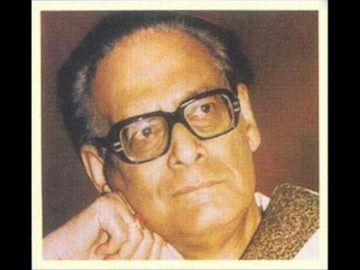
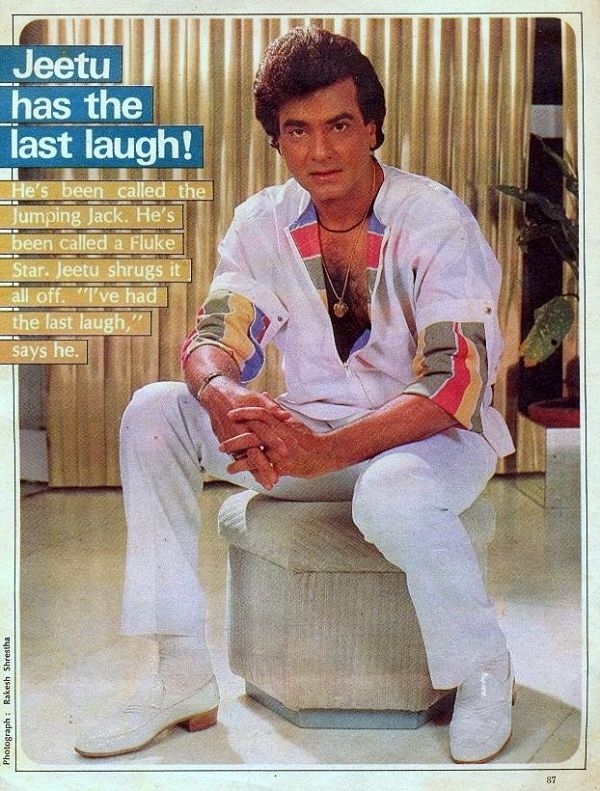
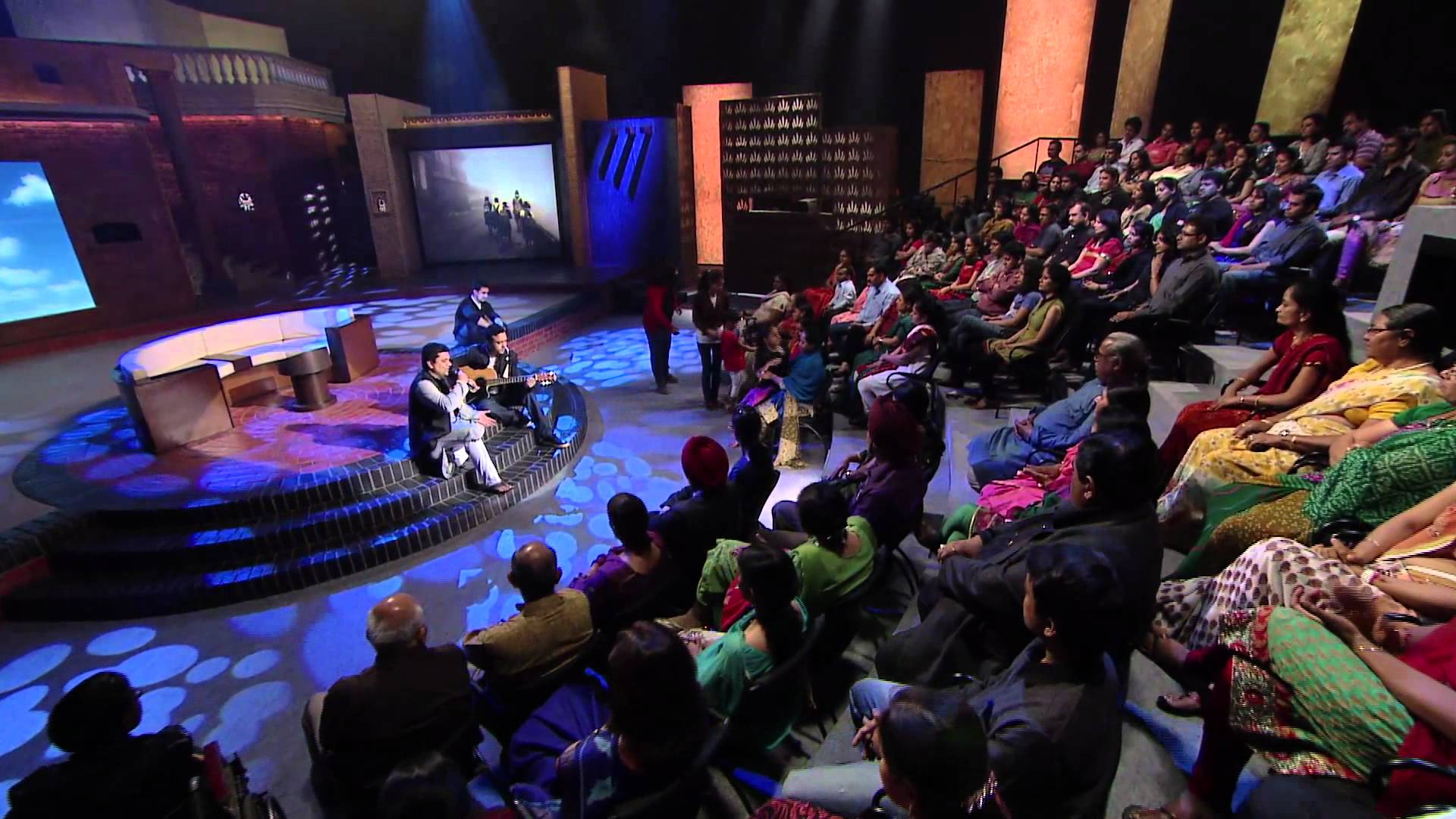


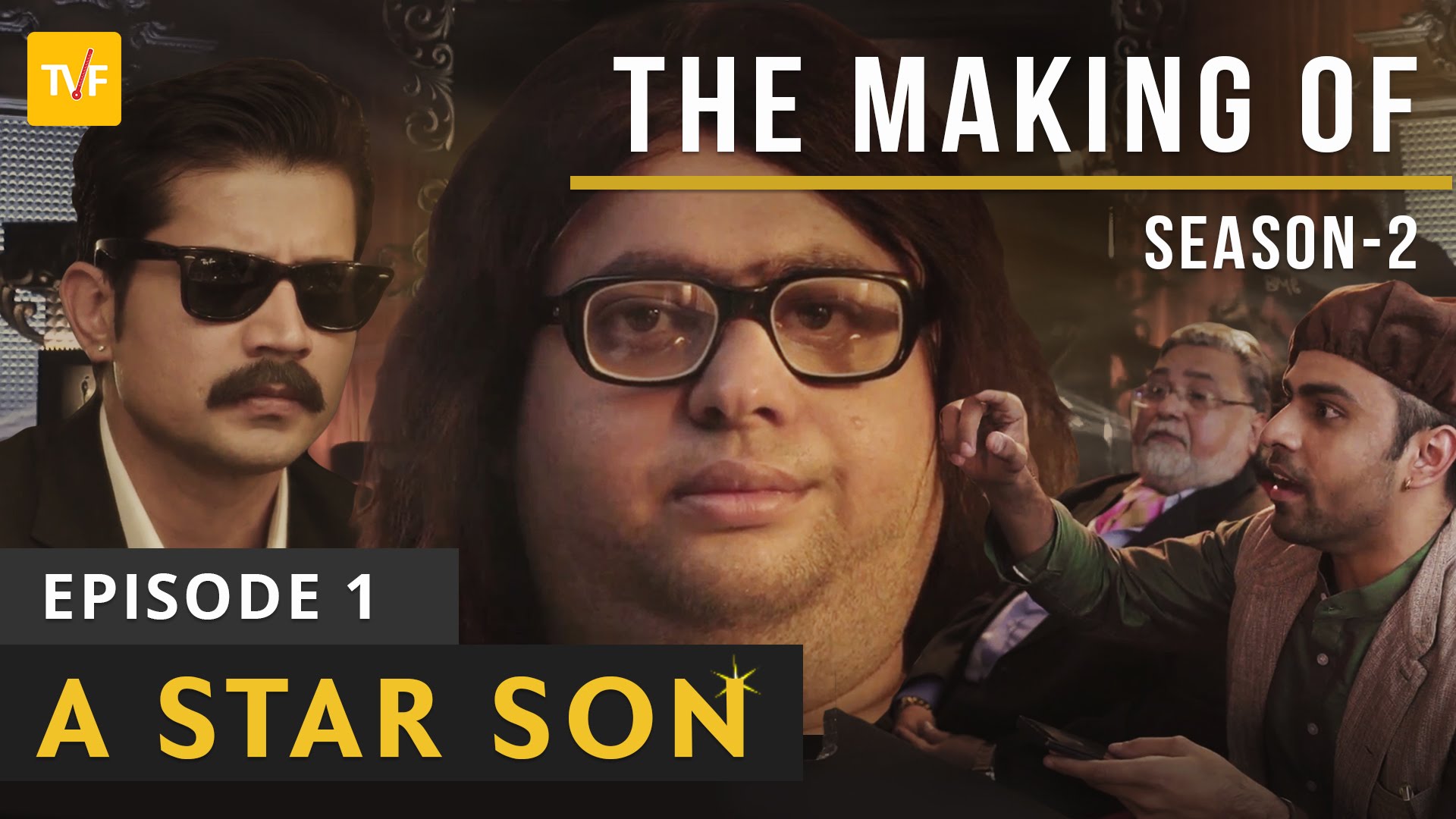
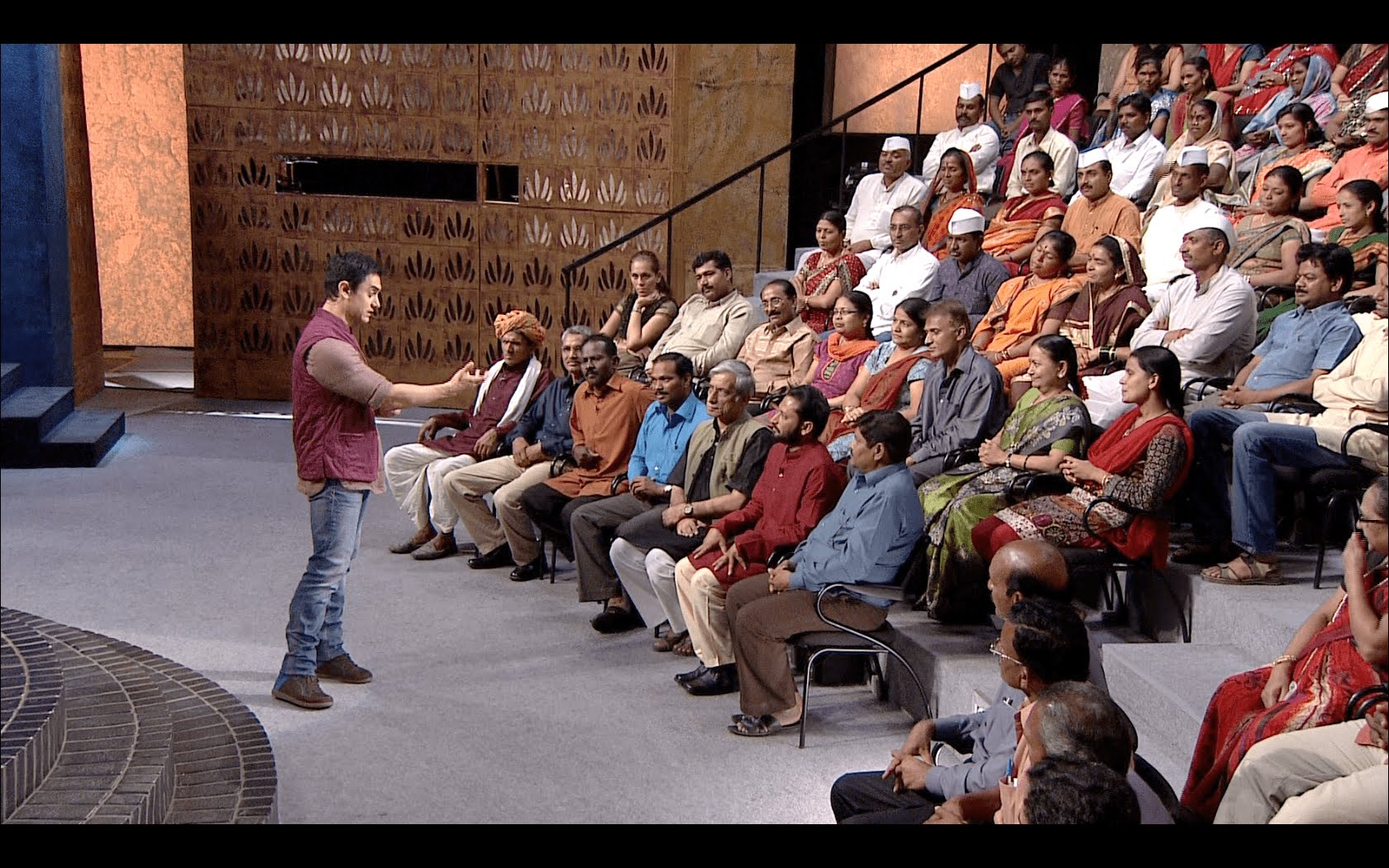

One of the Best explanation that I have come across about Acting